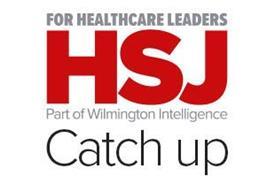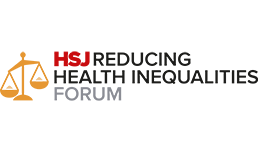The must-read stories and debate in health policy and leadership.
The NHS in England faces a stark reality: achieving the 95 per cent accident and emergency target is unlikely, a fact politicians must confront in this election year, writes HSJ editor Alastair McLellan in his editorial.
Meeting the target demands substantial increases in resources, from beds to social care, yet the current trajectory falls short. NHS leaders acknowledge the impracticality of this goal, and the consensus is widespread.
The unattainability of the 95 per cent target holds five critical implications. First, it sets an unattainable benchmark, undermining even notable performance improvements. Second, it casts doubt on the validity of the measure itself. Third, the target no longer aligns with contemporary healthcare needs, incentivising skewed patient prioritisation. Fourth, it complicates planning efforts for service improvements. Finally, political commitments to the target may prove futile and costly.
The imperative now is to recalibrate performance measures, with a focus on timely, effective and safe care. Urgent dialogue is needed to establish new targets, addressing the needs of severe cases and ensuring equitable access to care. This discussion must begin promptly, facilitating informed policy decisions ahead of upcoming elections.
Apology demanded
An employment tribunal ruled that a hospital CEO must apologise to a surgeon for mishandling his shielding during the pandemic.
Countess of Chester Hospital Foundation Trust was ordered to pay Fahmy Fahmy £74,000 for the distress caused by delaying his request to be relieved from face-to-face duties at the start of the crisis. The tribunal found fault with the trust’s communication, which exacerbated the surgeon’s anxiety.
Professor Fahmy, a diabetic, feared contracting covid, leading to severe anxiety and medication prescription. The tribunal also noted that during grievance proceedings, the trust withheld information about the additional shifts undertaken by Professor Fahmy’s colleagues, resulting in a financial award equivalent to his potential overtime earnings.
Divisional director Michelle Greene’s tone towards Professor Fahmy reflected irritation, as she objected to his right to abstain from face-to-face patient work during the pandemic. Judge Liz Ord recommended amending Professor Fahmy’s appraisal records to reflect no concerns and urged the CEO to issue an apology. This call for an apology and personnel records adjustment is uncommon in employment law.
Also on hsj.co.uk
Ken Jarrold reveals key insights learned during his tenure as an NHS chair, emphasising stakeholder prioritisation, executive independence and value embodiment. And in West Country Chronicle, Nick Carding says this year’s NHS Staff Survey results made for much improved reading as far as the South West region was concerned.

























No comments yet